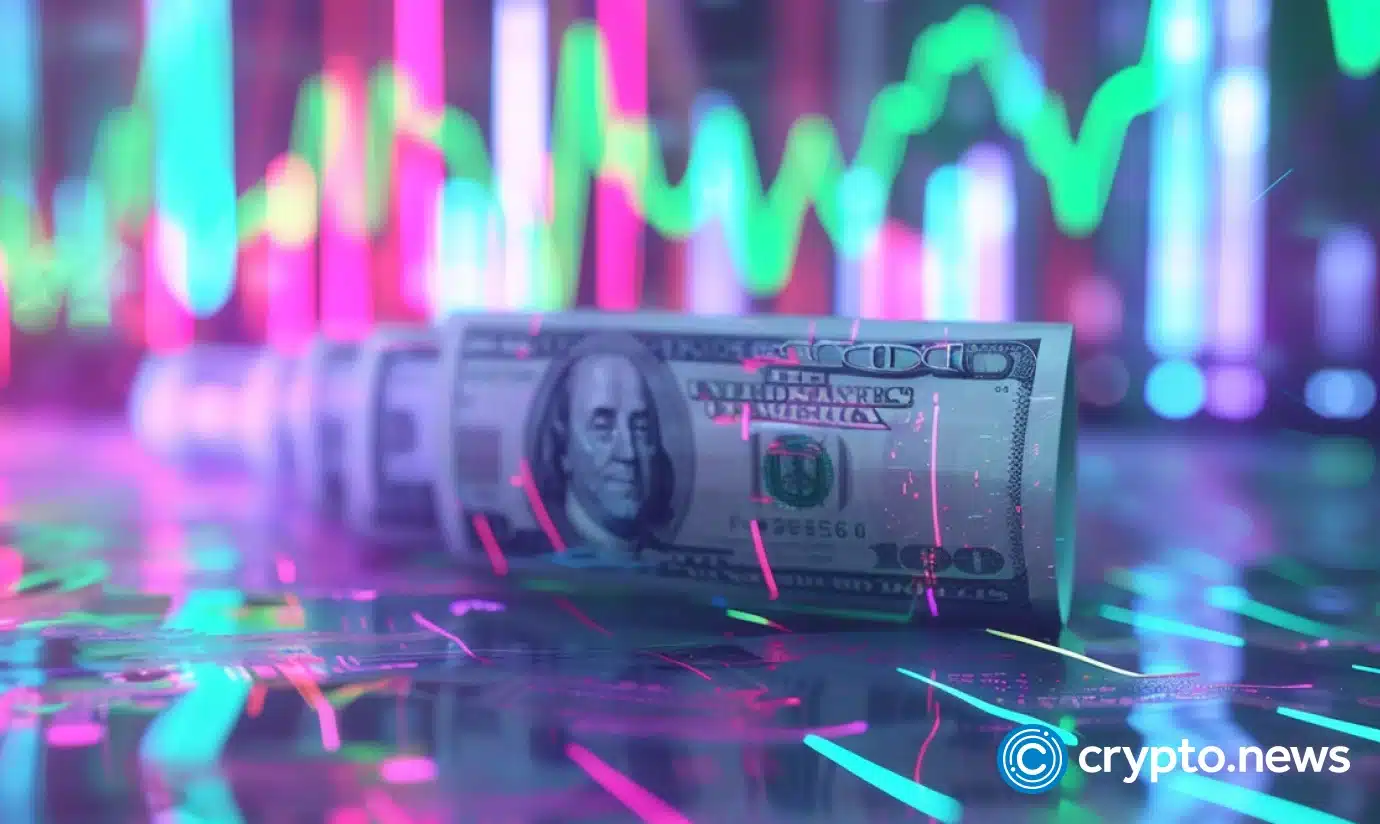The release of Squid Game Season 2 on Netflix (NASDAQ: NFLX) on December 26 has reignited fascination with the hit Korean series, leading to the emergence of several new Squid Game-themed cryptocurrency tokens.
Among the numerous tokens, Squid Game (squidgame.top) SQUID stands out with massive gains.
The token has rallied over 6,700% in the past week, trading at $0.0001203 after a 300% surge in the last 24 hours, according to data retrieved by Finbold from CoinMarketCap on December 30.
It’s worth noting that SQUID is part of a wave of tokens aiming to profit from popular cultural phenomena despite its questionable history.
Squid Game scam concerns
The Squid Game tokens first gained popularity in 2021 during the show’s initial season, with some witnessing a massive price surge before plummeting in what was identified as a ‘rug pull’ scam.
For one token, developers abruptly abandoned the project, leaving investors with losses as the token’s value dropped to nearly zero within minutes.
Following this collapse, Binance investigated the 2021 SQUID token crash, labeling it a likely scam. The exchange noted that projects tied to high-profile pop culture phenomena often exploit the resulting hype to lure unsuspecting buyers into risky or fraudulent schemes.
Analyzing Squidgame.top legitimacy
The Squidgame.top token launched on December 26, the same day as the new season, has reignited suspicions of a potential repeat of the 2021 scam.
Interestingly, analysis of the token by the cryptocurrency scam detection platform Token Sniffer indicates that the token shows signs of a potential scam.
SQUID’s market capitalization is estimated at $5.57 million, but CoinMarketCap stressed that this figure is unverifiable, raising transparency concerns. Credibility remains uncertain with a 24-hour trading volume of $2.6 million and a self-reported circulating supply of 45.6 billion—equal to its maximum supply.
To this end, blockchain security firm PeckShield has flagged multiple Squid Game-themed tokens as fraudulent.
In one case, the entity noted that a token on the Base network experienced a 99% value collapse shortly after launch, with its creator holding the majority of the supply in what appeared to be a coordinated dump.
Additionally, a review of CoinMarketCap revealed multiple SQUID token variations with distinct market capitalizations, raising concerns about potential scams. The proliferation of similar tokens can confuse investors and hint at attempts by bad actors to exploit the token’s popularity through fraudulent schemes.
Similar concerns have emerged on the Solana (SOL) network, where several wallets holding large portions of the supply appear to be linked, suggesting manipulation and potential exploitation of unsuspecting investors.
While SQUID’s price surge may tempt speculative traders, its controversial history and the lingering red flags, such as the lack of underlying use cases, point to significant risks.
Featured image via Shutterstock

 By Finbold | Created at 2024-12-30 12:43:08 | Updated at 2025-01-08 09:35:51
1 week ago
By Finbold | Created at 2024-12-30 12:43:08 | Updated at 2025-01-08 09:35:51
1 week ago








